In the pristine top end town of Mapoon, The Paanja Festival was held in September 2018. This wonderful festival was proudly sponsored by Black & More and supported by Mapoon Aboriginal Shire Council.
Over four days, more than 3000 festival goers rocked out to local and national bands at the 55th anniversary which includes; Artists displays and demonstrations, Performing Arts & Cultural displays, Traditional food and a range of sports and recreational activities.
The festival commemorates the forced removal of Indigenous people from Mapoon in 1963, and currently sits right up there amongst the best events in the Cape York peninsula area, along with Laura Aboriginal Dance Festival and Cooktown Discovery Festival.
Paanja Festival 2023 aims to be even bigger and better, visit www.mapoon.qld.gov.au for more information.


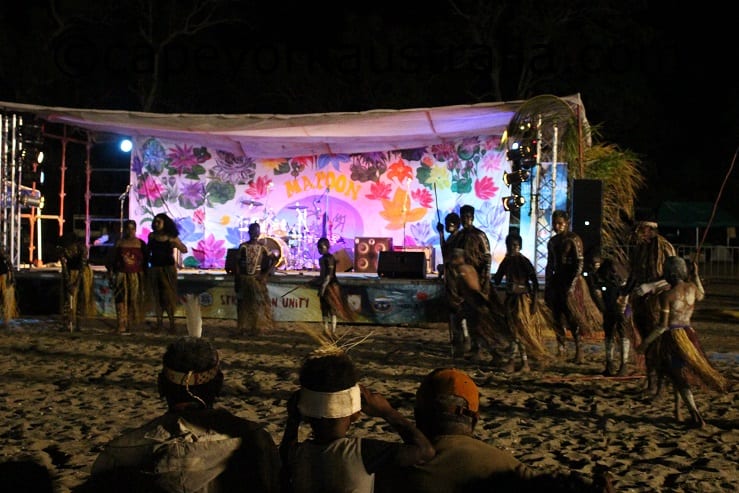
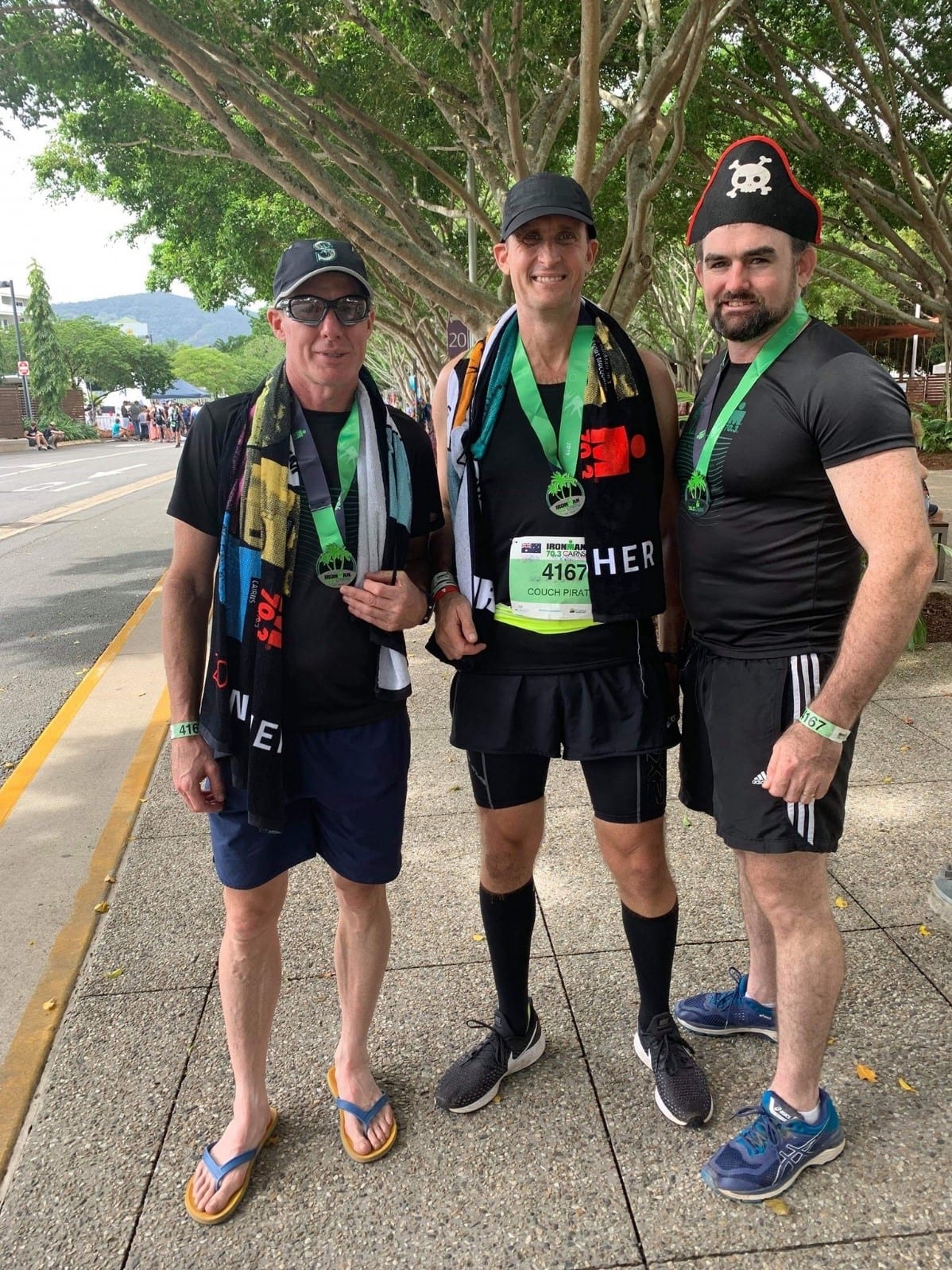
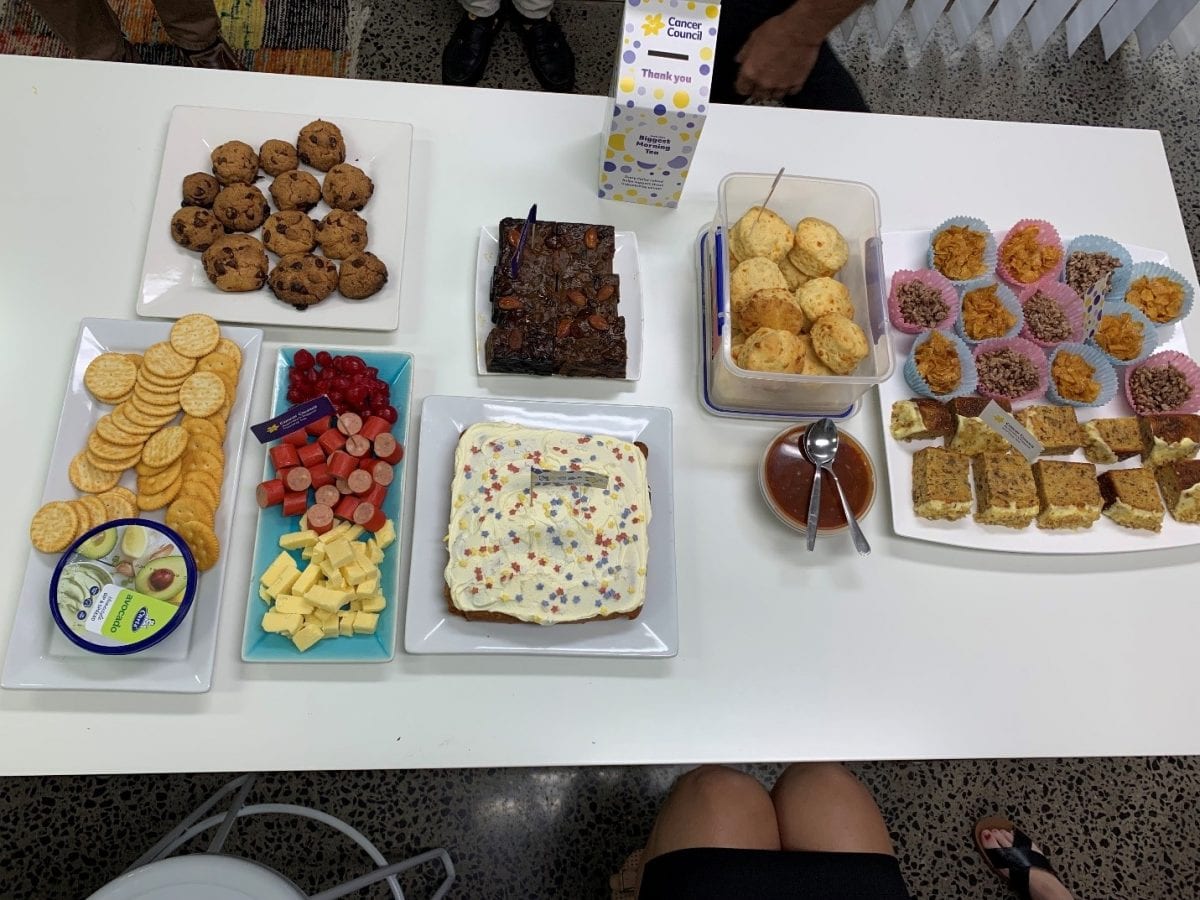

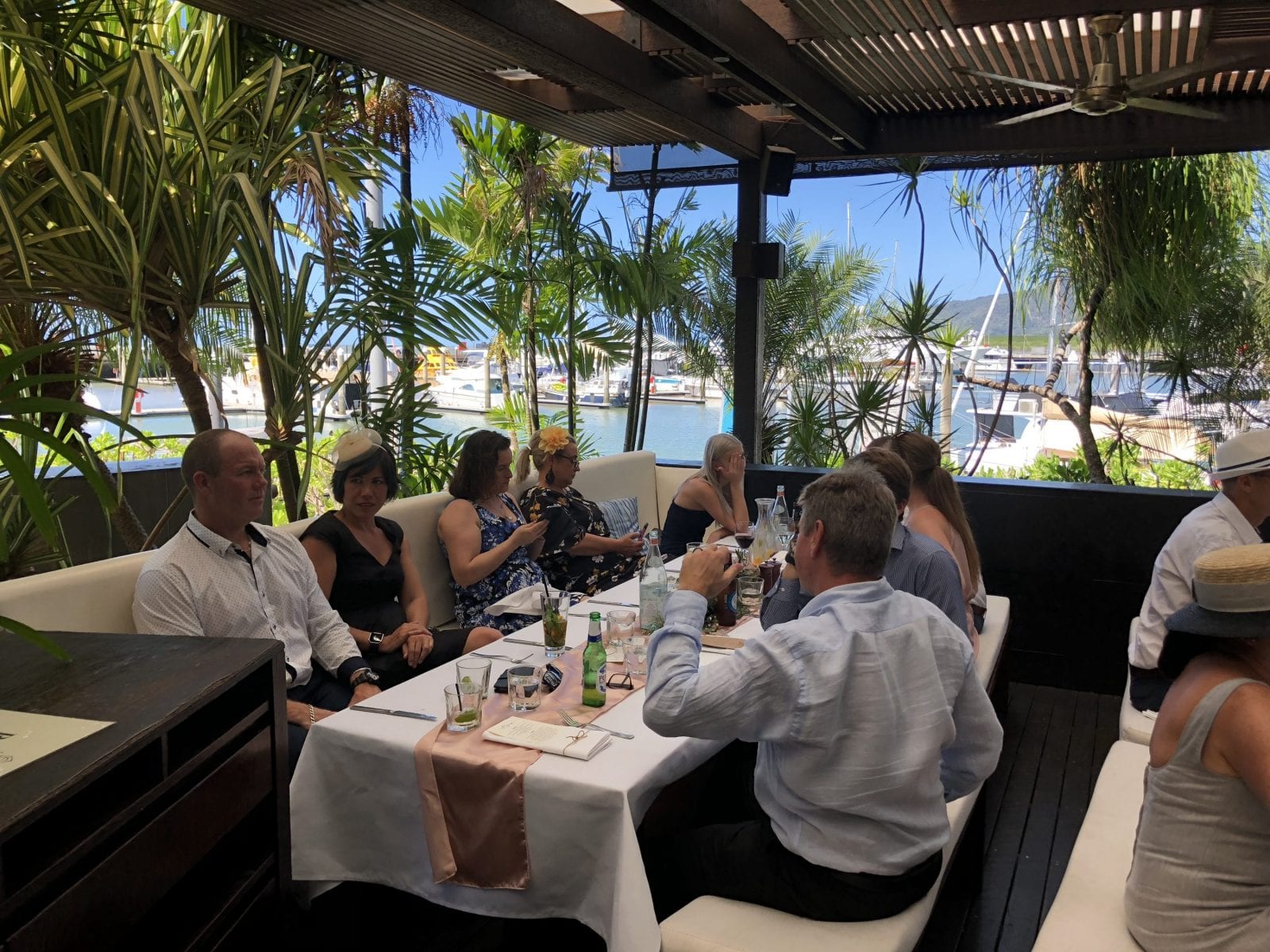
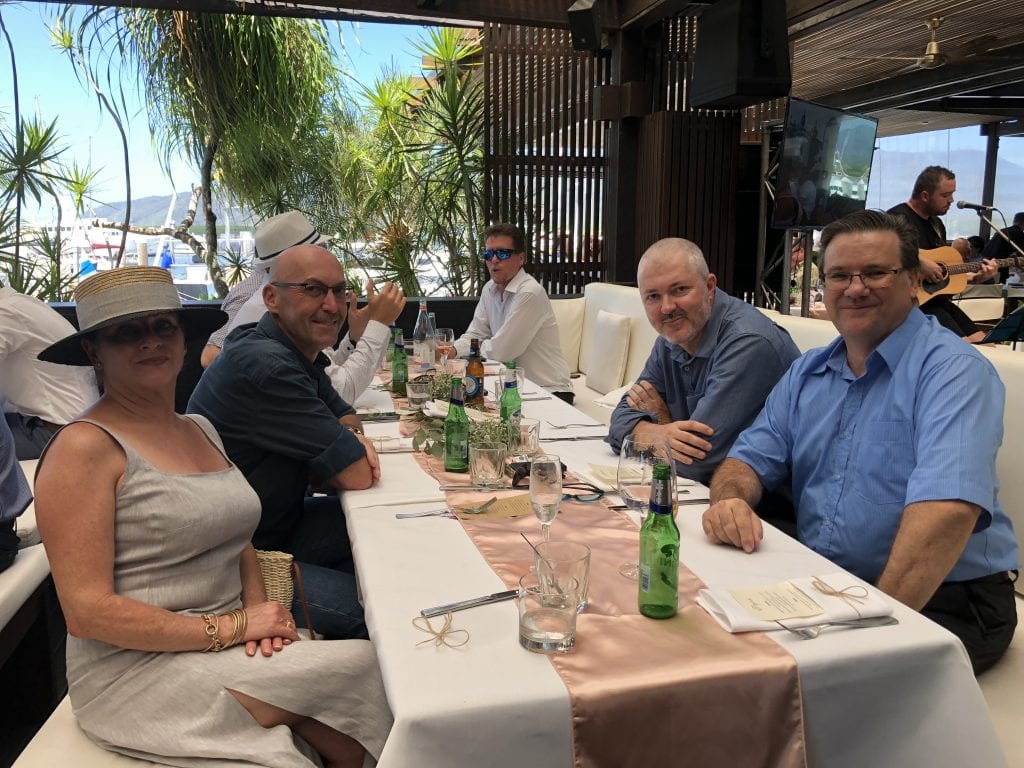

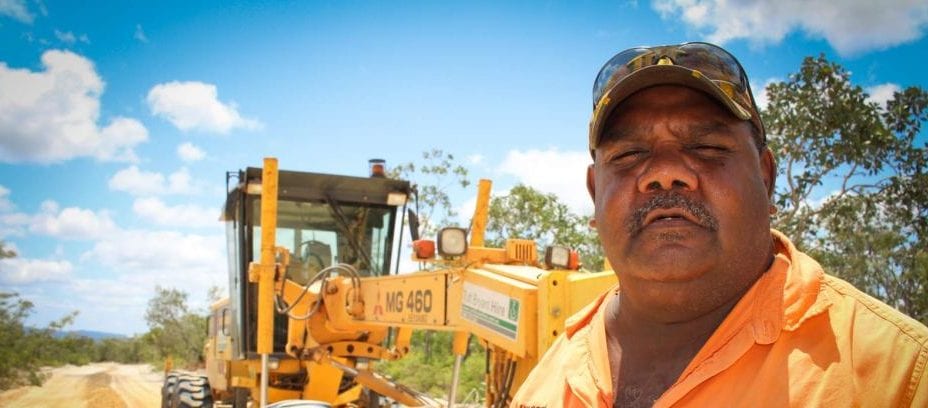

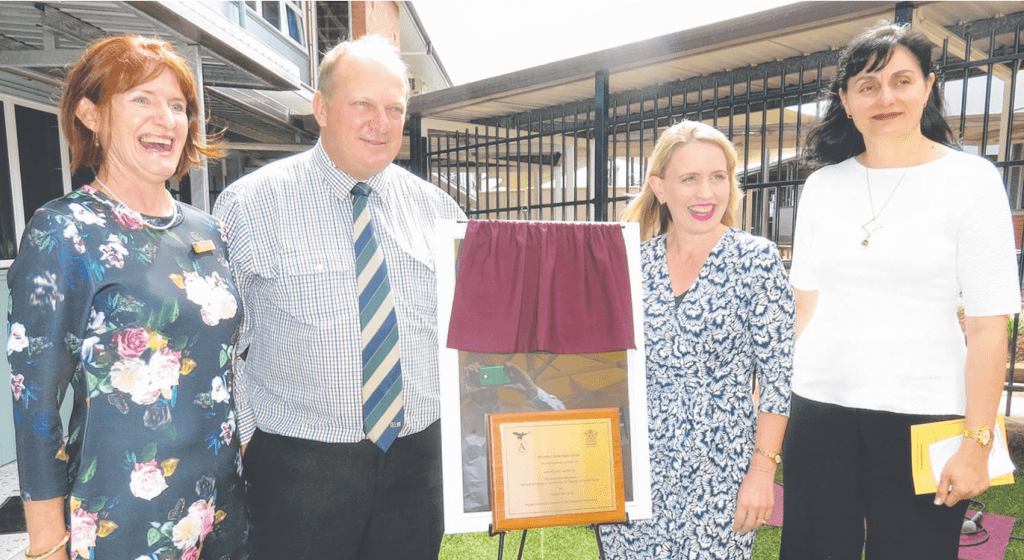 “We all know the strength of our community is our youth.” While most speakers at the opening of “The Hub” lavished praise on the woman in the pyjamas, Diana Reda was grateful to all those who made the new facility a reality. “You opened the door for not just these students today but those students and their families in the future,” she said.
Ms Reda thanked Education Minister Kate Jones for fast-tracking the project in a matter of 12 months and the Member for Dalrymple, Shane Knuth. “Mr K, thank you for listening to the crazy lady in her pyjamas in the street. I saw my chance and I took it.” She thanked Atherton State High School principal Tony Whybird, who was on leave, for supporting the project as did the P&C.
“Mr Whybird and staff made Atherton High a place of inclusion and provided opportunities for all students to achieve their academic, social and emotional goals. “You have given families hope and security that their children can participate in educational programs. “Our children can get the education and training they need to receive. “You have given hope to a wonderful group of students.”
Source: Table Lander
“We all know the strength of our community is our youth.” While most speakers at the opening of “The Hub” lavished praise on the woman in the pyjamas, Diana Reda was grateful to all those who made the new facility a reality. “You opened the door for not just these students today but those students and their families in the future,” she said.
Ms Reda thanked Education Minister Kate Jones for fast-tracking the project in a matter of 12 months and the Member for Dalrymple, Shane Knuth. “Mr K, thank you for listening to the crazy lady in her pyjamas in the street. I saw my chance and I took it.” She thanked Atherton State High School principal Tony Whybird, who was on leave, for supporting the project as did the P&C.
“Mr Whybird and staff made Atherton High a place of inclusion and provided opportunities for all students to achieve their academic, social and emotional goals. “You have given families hope and security that their children can participate in educational programs. “Our children can get the education and training they need to receive. “You have given hope to a wonderful group of students.”
Source: Table Lander 
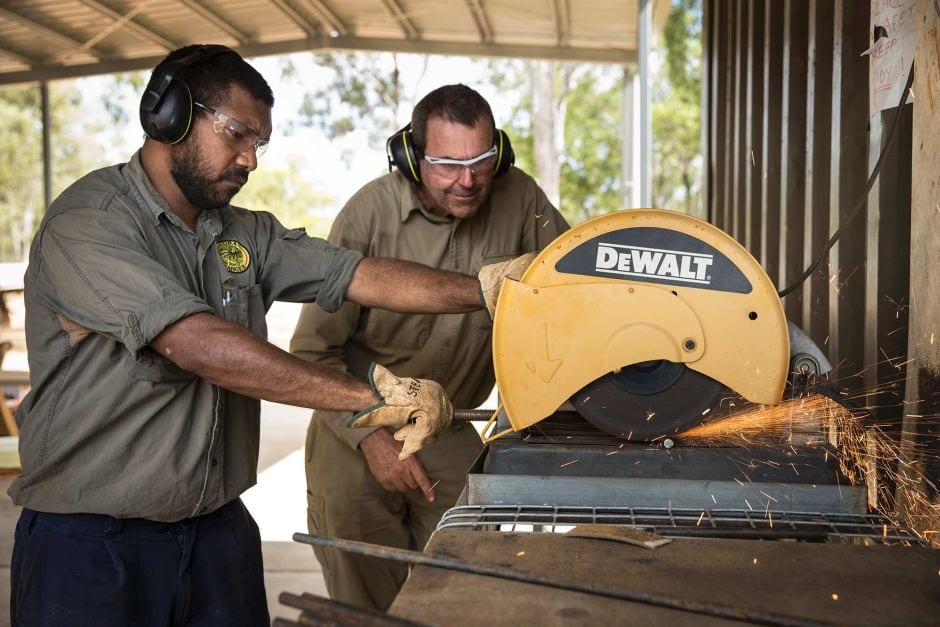 Preparations for the arrival of 150 Army personnel in such a small town began in 2014.
“That was one of our challenges right from the start, to break the ice,” Major Plimmer said.
“We understand we’re quite intimidating, the Army, in our green uniforms, especially coming in such a big number.
“So we did a lot of pre-engagement with the Laura residents, over a period of about two years, where we established what projects we’d be doing in collaboration with them.”
While stationed in Laura, some soldiers have also volunteered their down-time to assist local veterans building a memorial at the nearby Pandanus Park War Veterans Retreat.
He said amongst the many personnel based in Laura were electricians, plumbers, dental and medical staff, vehicle mechanics, fitter and turners, educators, metal workers and cooks.
“It’s a really diverse team which makes it really rewarding to lead.
“Everyone’s working hard, and being soldiers they love working hard and that makes them happy.”
According to Major Plimmer setting up a camp big enough to accommodate so many people is one of the reasons the AACAP is so important to the Army.
“This is really similar to what we have to do if we were to do operations overseas, or a humanitarian or disaster response type scenario in the southwest Pacific,” he said.
Preparations for the arrival of 150 Army personnel in such a small town began in 2014.
“That was one of our challenges right from the start, to break the ice,” Major Plimmer said.
“We understand we’re quite intimidating, the Army, in our green uniforms, especially coming in such a big number.
“So we did a lot of pre-engagement with the Laura residents, over a period of about two years, where we established what projects we’d be doing in collaboration with them.”
While stationed in Laura, some soldiers have also volunteered their down-time to assist local veterans building a memorial at the nearby Pandanus Park War Veterans Retreat.
He said amongst the many personnel based in Laura were electricians, plumbers, dental and medical staff, vehicle mechanics, fitter and turners, educators, metal workers and cooks.
“It’s a really diverse team which makes it really rewarding to lead.
“Everyone’s working hard, and being soldiers they love working hard and that makes them happy.”
According to Major Plimmer setting up a camp big enough to accommodate so many people is one of the reasons the AACAP is so important to the Army.
“This is really similar to what we have to do if we were to do operations overseas, or a humanitarian or disaster response type scenario in the southwest Pacific,” he said.
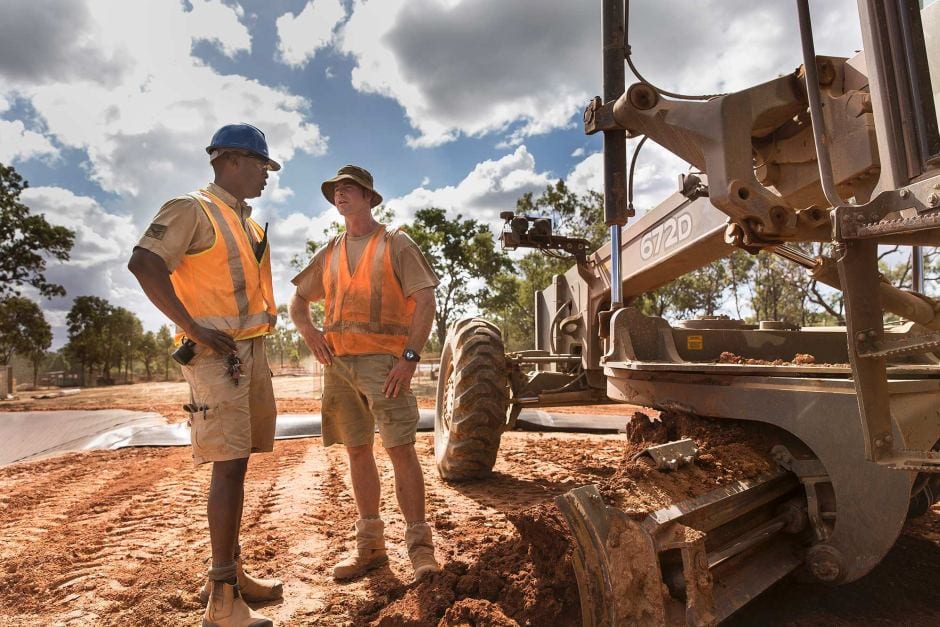 “We supply our own water from the Laura River, which we purify and use for drinking, we provide all our own electricity, we’ve got our own stand-alone communication system and we also treat all our own waste-water on site.
“But also for our soldiers to be able to use their skills and their specialities to help the Australian community is brilliant.”
AACAP operations in Laura are due to be completed in late September 2016.
Source:
“We supply our own water from the Laura River, which we purify and use for drinking, we provide all our own electricity, we’ve got our own stand-alone communication system and we also treat all our own waste-water on site.
“But also for our soldiers to be able to use their skills and their specialities to help the Australian community is brilliant.”
AACAP operations in Laura are due to be completed in late September 2016.
Source: 
